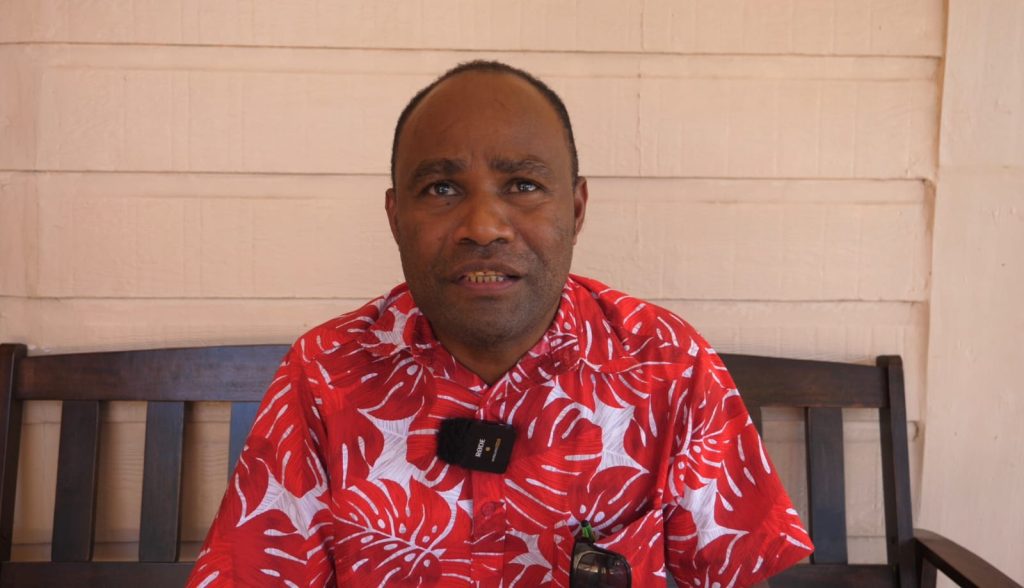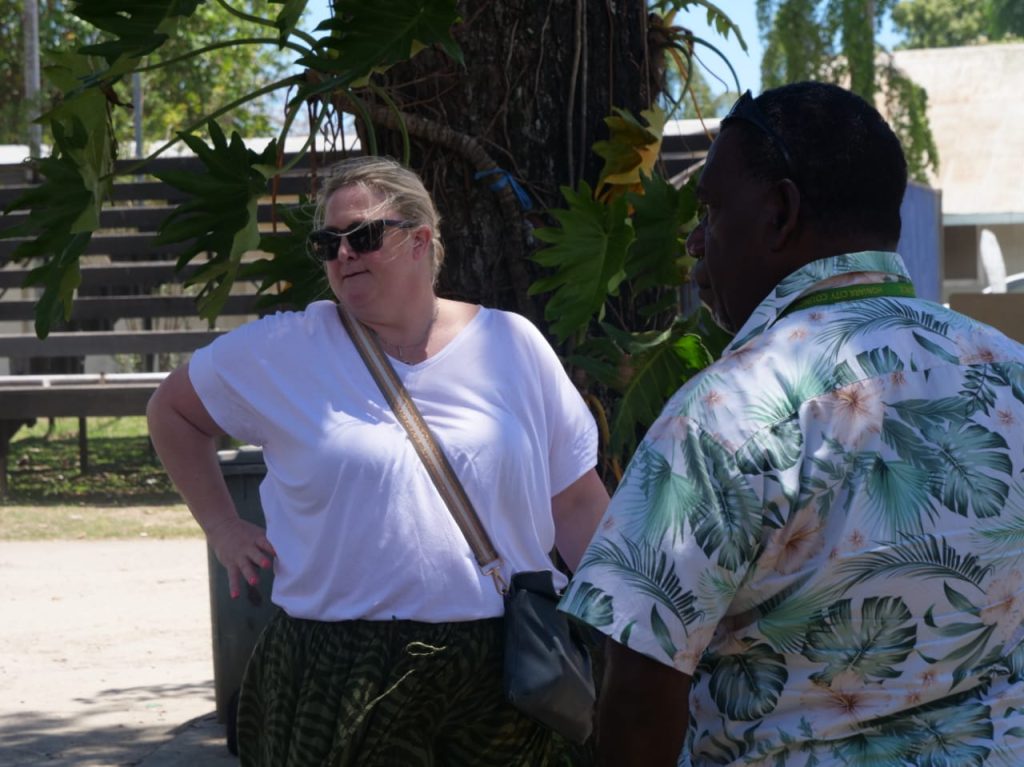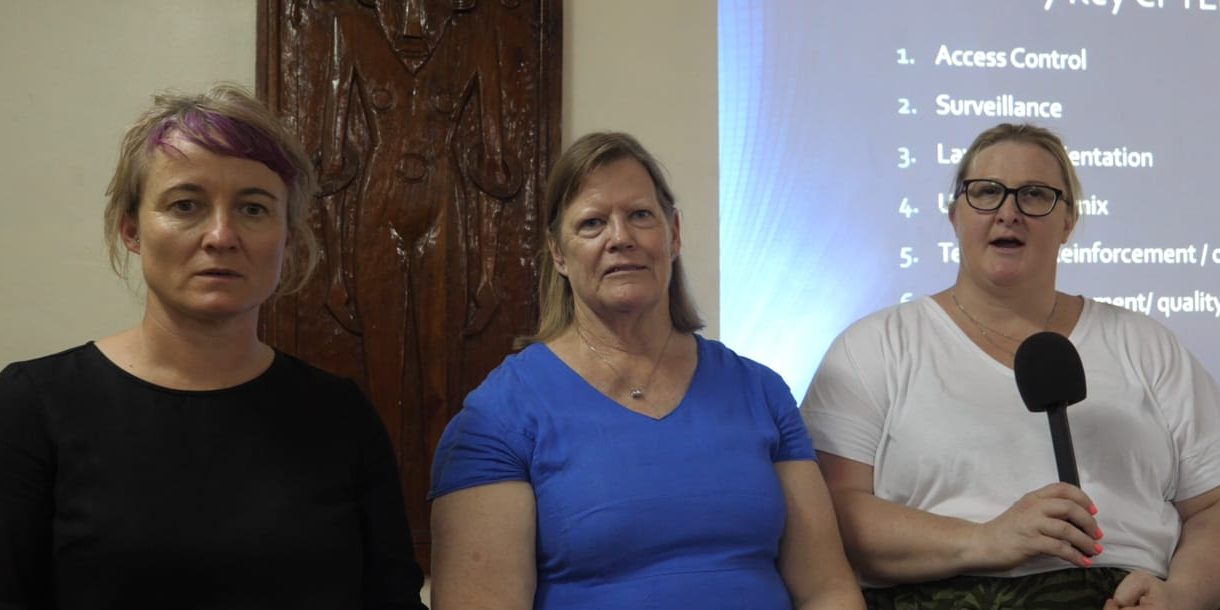A five day conference to discuss Crime Prevention through Environmental Design (CPTED) principles aimed at creating safer public spaces was held in Honiara.
The Pacific Technical Assistance Conference was held at the King Solomon Hotel in Honiara and brought together officials from the Honiara City Council (HCC) and experts from New Zealand.
Key speakers, included Emma McGill, Frances Sullivan, and Jacinta Straker the Group Manager Organisation Performance at Horowhenua District Council, provided valuable insights on urban safety and the importance of community engagement.
Clement Terewauri, the Deputy Lord Mayor of Honiara City Council, expressed his appreciation for the conference, emphasizing the need for progressive planning in urban development.
“We are looking to integrate strategies that prioritize safety and accessibility, particularly in developing areas like public spaces,” he stated.
This aligns closely with Emma McGill’s introduction of the seven foundational principles of CPTED, which underscore the importance of surveillance, access control, and maintenance.
She remarked, “in Pacific countries, particularly Honiara, we need to focus on creating environments where people feel safe. This can be achieved through quality maintenance and well kept public spaces that encourage positive behavior.”
Frances Sullivan, who manages the Pacific Technical Assistance program, also highlighted the importance of tailoring support to fit the unique governance and cultural contexts of Pacific communities.
“Our regular visits and shared experiences equip us to tackle common challenges, from funding constraints to population growth,” she noted.

Terewauri echoed this sentiment, stressing that collaboration between HCC and ministries is crucial for addressing existing issues while working towards future developments.
A key takeaway from the conference was the significant role community involvement plays in identifying local needs.
McGill emphasized that engaging with residents is crucial for the successful implementation of CPTED strategies.
“It’s about collaborating with communities to discern solutions that align with the CPTED framework. We must listen to grassroots voices to truly understand their concerns,” she explained.
Terewauri agreed, stating that community engagement empowers residents to take ownership of their environment, reinforcing the idea that sustainable urban planning requires broader community input.
The conference further addressed the involvement of youth, women, and community groups in promoting safer public spaces.
Participants unanimously agreed that fostering collaboration between local councils, law enforcement, and community members is essential.
“Be bold and engage with your community to articulate your vision for Honiara. Solutions will emerge from these discussions that cater to our city’s unique needs,” encouraged Jacinta Straker.
During the conference, the importance of starting with smaller projects was emphasized, with incremental improvements projected to lead to significant advancements over time.
“Tiny projects can lead to bigger changes,” McGill stated, reinforcing the notion that local initiatives can gain momentum and impact long-term urban planning. As the conference concluded, attendees expressed optimism about the future of public safety in Honiara.
They encouraged local leaders, including Terewauri and HCC, to embrace CPTED principles alongside community input to foster environments where residents feel safe, welcomed, and empowered.
With constructive discussions surrounding the effective application of CPTED principles, Honiara is poised for a brighter and more secure future as it works towards enhancing public spaces through collaboration and a commitment to community engagement.
By George Maelagi
Solomon Star, Honiara










